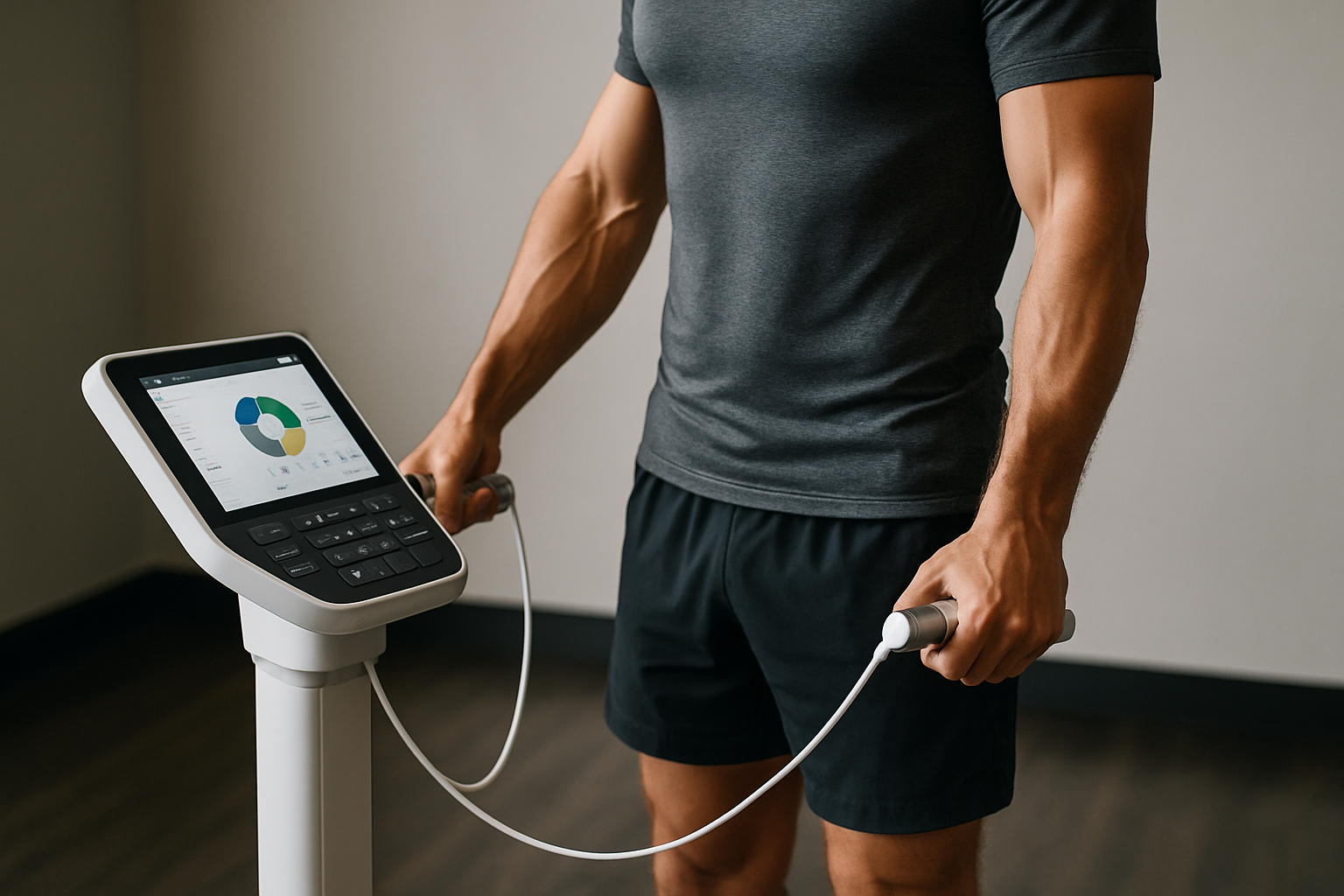Chronotherapy: Optimizing Health Through Circadian Rhythm Alignment
How often do you consider the timing of your daily activities and their impact on your health? Imagine a world where the clock on your wall becomes a powerful tool for enhancing your well-being. Welcome to the fascinating realm of chronotherapy, where the science of your body's internal rhythms meets cutting-edge health optimization strategies.

The Science Behind Chronotherapy
At its core, chronotherapy is built upon the understanding of our body’s circadian rhythms – the internal 24-hour cycles that regulate various physiological processes. These rhythms are orchestrated by our body’s master clock, located in the suprachiasmatic nucleus of the brain, which responds to environmental cues like light and darkness.
Research has shown that nearly every cell in our body has its own circadian clock, influencing hormone production, metabolism, immune function, and even gene expression. By tapping into these natural rhythms, chronotherapy aims to optimize health interventions by delivering them at the most opportune times.
Applications in Disease Management
One of the most promising areas of chronotherapy lies in its potential to enhance the treatment of various diseases. For instance, studies have shown that the timing of chemotherapy administration can significantly impact its effectiveness and side effects in cancer patients. By aligning treatment schedules with the body’s circadian rhythms, oncologists have observed improved outcomes and reduced toxicity.
Similarly, chronotherapy has shown promise in managing cardiovascular conditions. Blood pressure medications, when timed to align with the body’s natural blood pressure fluctuations, have demonstrated enhanced efficacy. This approach not only improves treatment outcomes but also potentially reduces the required dosage, minimizing side effects.
Chronotherapy and Mental Health
The field of mental health is also benefiting from chronotherapeutic approaches. Light therapy, a well-established treatment for seasonal affective disorder, is being explored for its potential in managing other mood disorders. By exposing patients to bright light at specific times of day, therapists can help reset disrupted circadian rhythms, potentially alleviating symptoms of depression and anxiety.
Moreover, chronotherapy is shedding new light on the timing of psychotherapy sessions. Some studies suggest that the effectiveness of cognitive behavioral therapy may vary depending on the time of day it is administered, with morning sessions showing promising results for certain conditions.
Optimizing Daily Performance Through Timing
Beyond medical applications, chronotherapy offers insights into optimizing our daily routines for peak performance. Research has revealed that our cognitive abilities, physical strength, and even creativity fluctuate throughout the day in predictable patterns. By aligning our activities with these natural rhythms, we can potentially enhance our productivity and overall well-being.
For instance, studies have shown that our ability to focus and perform analytical tasks tends to peak in the late morning, making this an ideal time for complex problem-solving. Physical performance, on the other hand, often reaches its zenith in the late afternoon, suggesting that this might be the optimal time for exercise.
The Future of Personalized Chronotherapy
As we delve deeper into the field of chronotherapy, the future holds exciting possibilities for personalized health optimization. Advances in wearable technology and artificial intelligence are paving the way for real-time monitoring of individual circadian rhythms. This could lead to highly personalized recommendations for everything from medication timing to optimal sleep schedules.
Researchers are also exploring the potential of chronotherapy in preventive medicine. By understanding how circadian disruptions contribute to the development of chronic diseases, we may be able to develop targeted interventions to maintain circadian health and prevent the onset of various conditions.
Chrono-Wellness Tips
-
Maintain consistent sleep and wake times, even on weekends, to reinforce your circadian rhythm
-
Expose yourself to natural light in the morning to help regulate your body clock
-
Time your meals consistently, as your digestive system follows circadian patterns
-
Consider the timing of your workouts – morning exercise may help with weight loss, while evening workouts might improve strength gains
-
If you take medications, discuss optimal timing with your healthcare provider to maximize effectiveness and minimize side effects
As we continue to unravel the complexities of our body’s internal clocks, chronotherapy stands poised to transform our approach to health and wellness. By aligning our lives with our natural rhythms, we open the door to enhanced treatment outcomes, improved daily performance, and potentially, a new era of preventive medicine. The message is clear: when it comes to health, timing isn’t just important – it might be everything.






